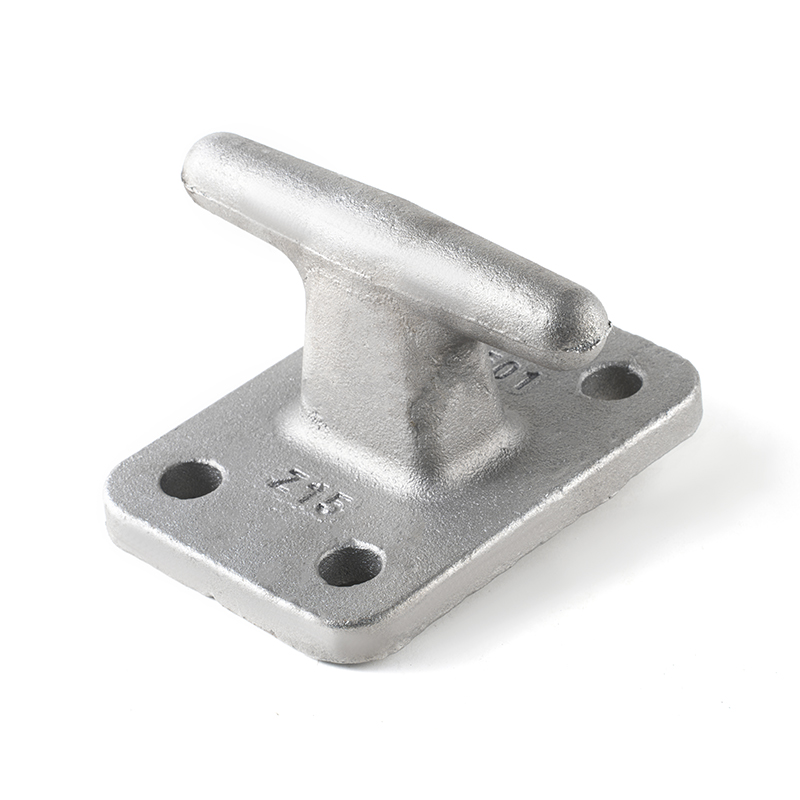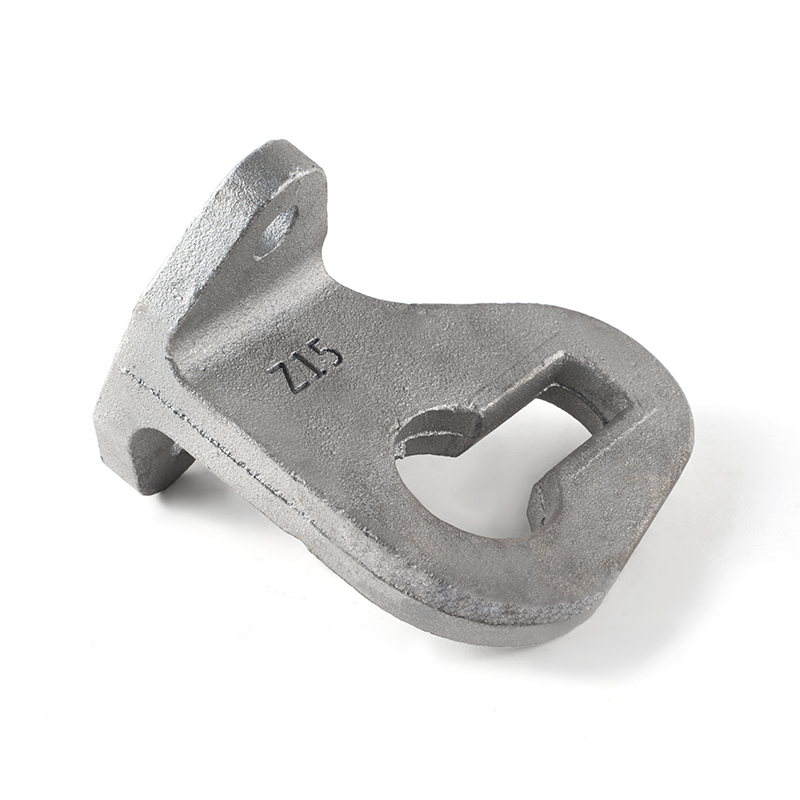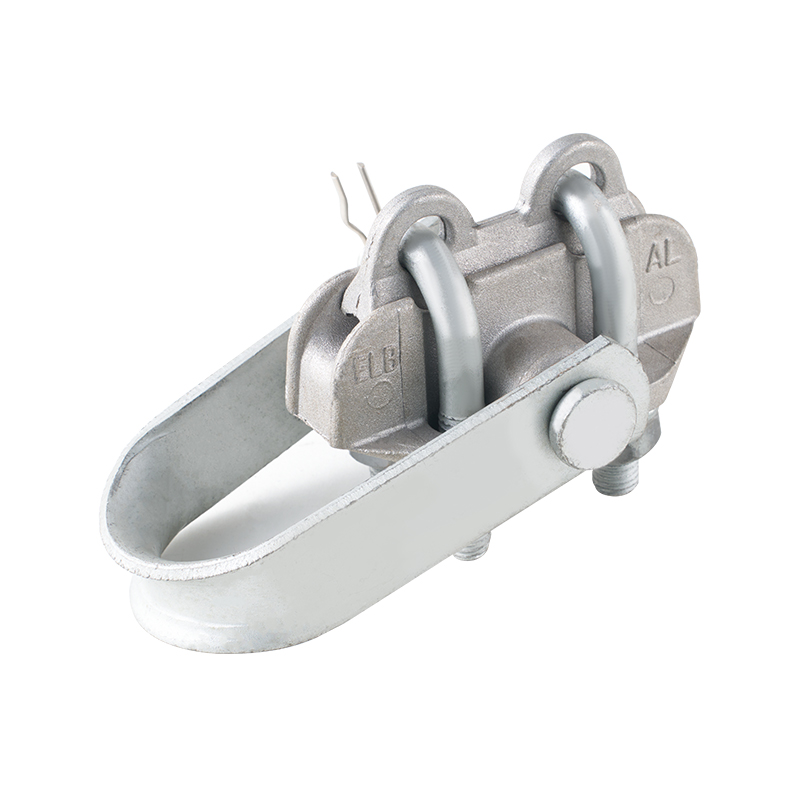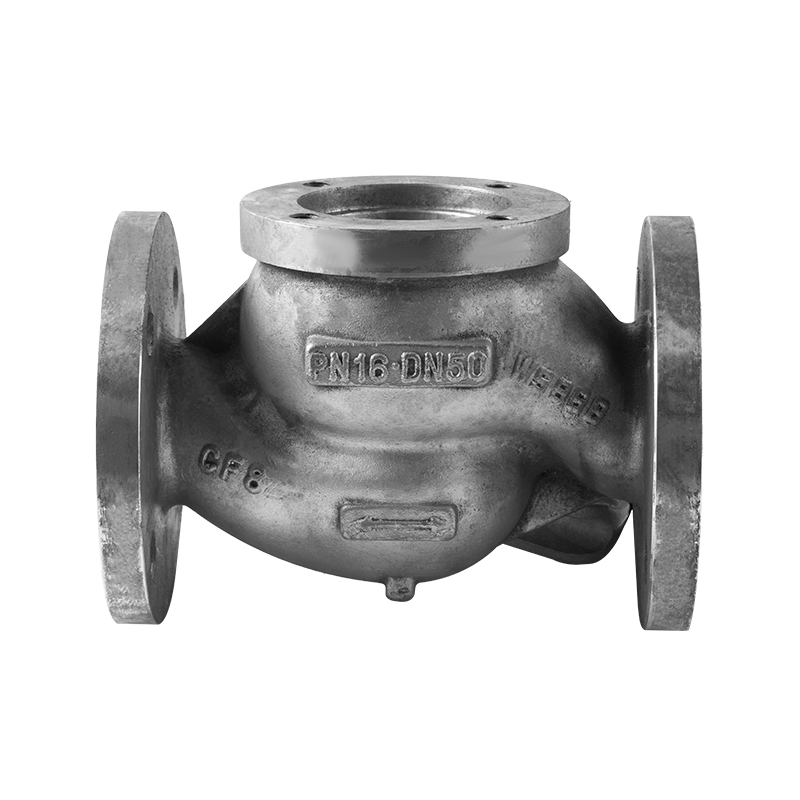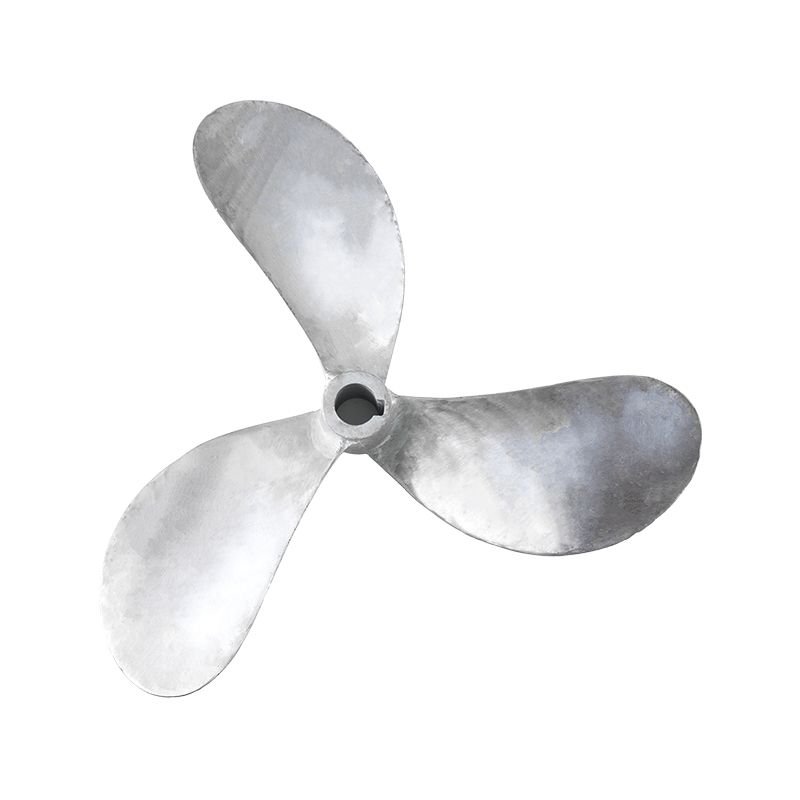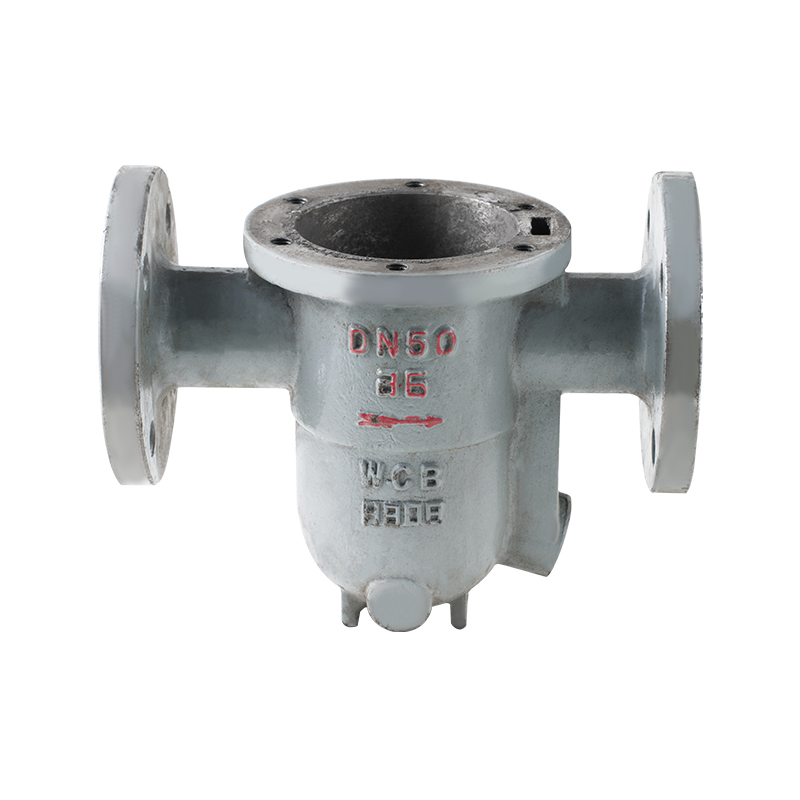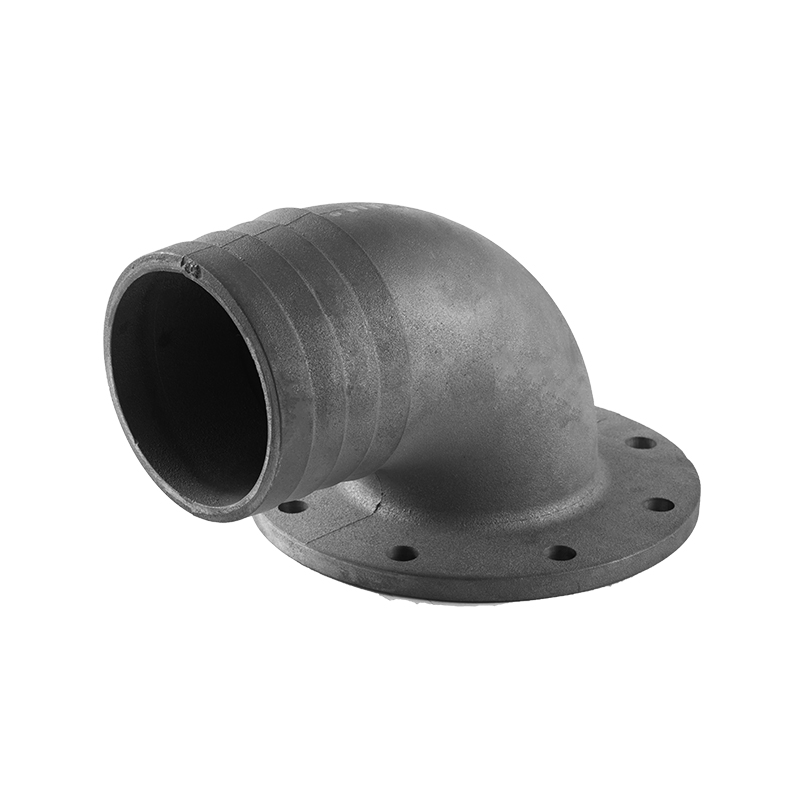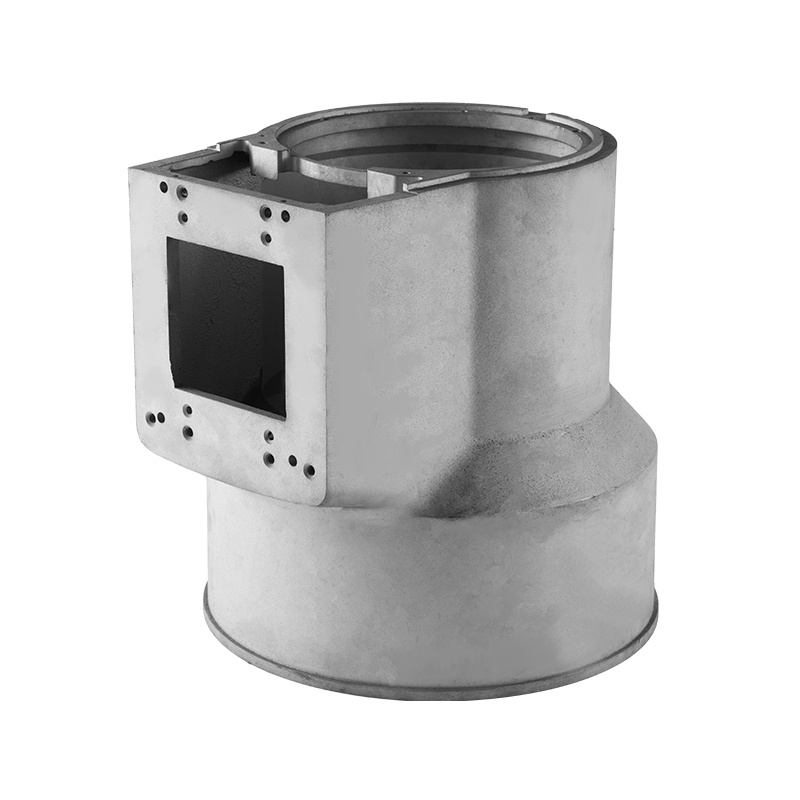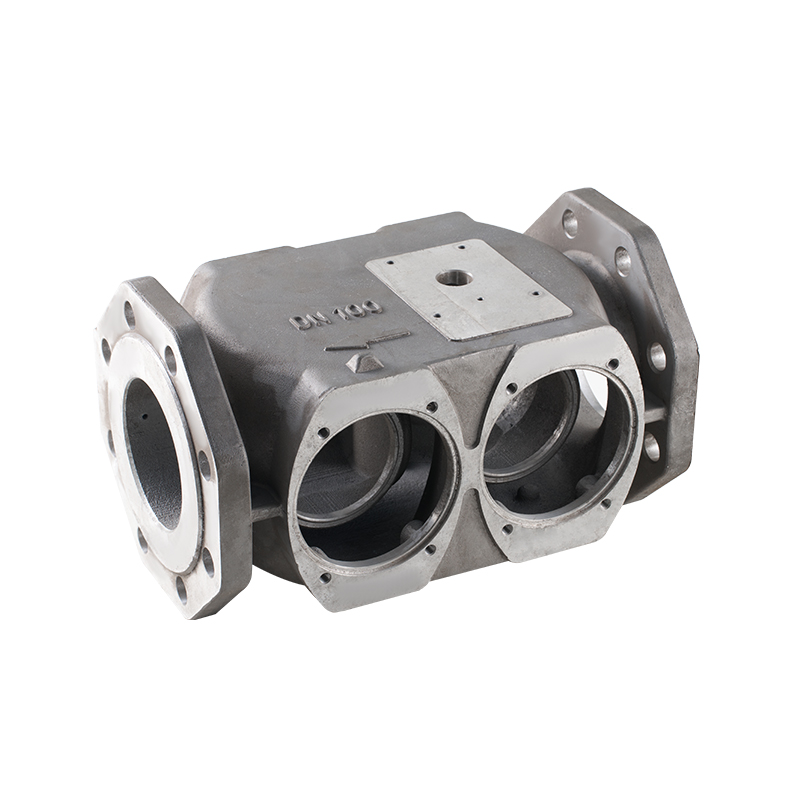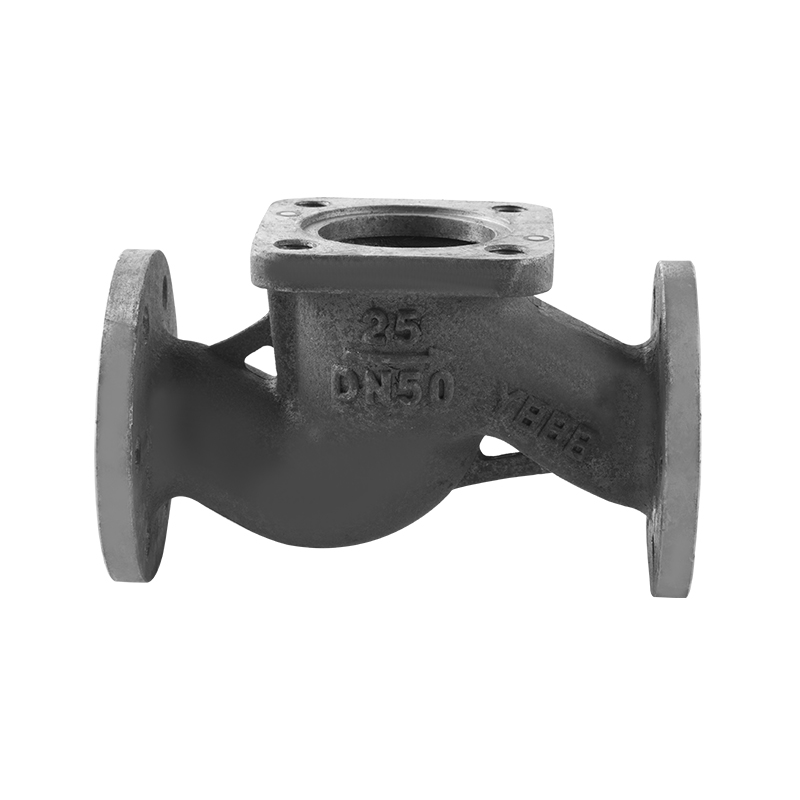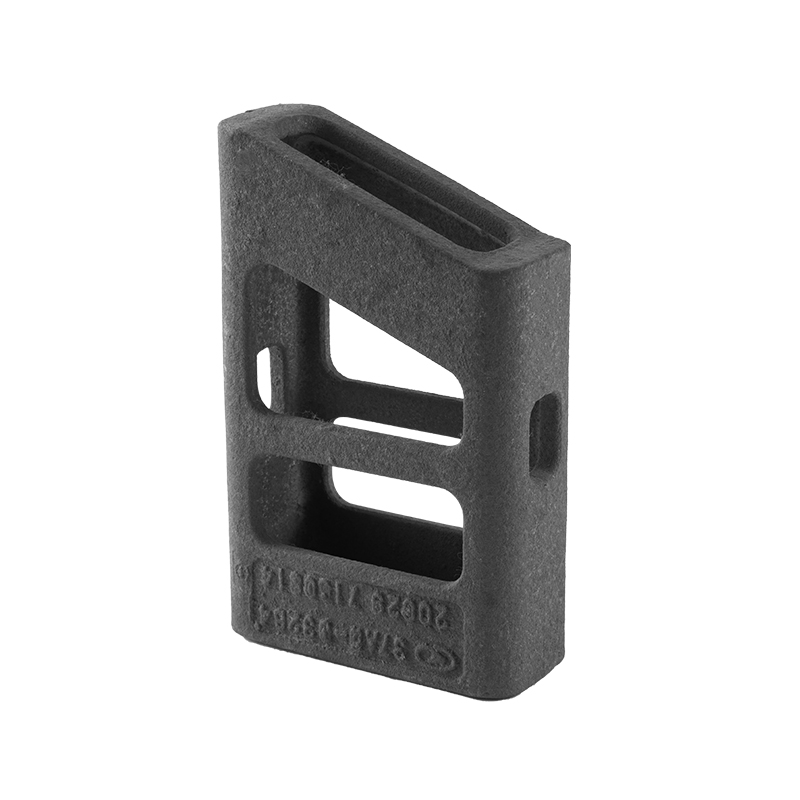Precision Casting Parts Factory
Casting parts are essential components in many industries, offering a versatile and reliable solution for manufacturing complex shapes and structures. These products are made by pouring molten metal into molds, which then solidify into a solid structure.
Versatility Across Different Applications
One of the main benefits of casting parts is their versatility. They can be used in a wide variety of industries, including automotive, construction, energy, and more. Automotive parts, for instance, require casting techniques to produce engine blocks, cylinder heads, and transmission housings. Casting allows these components to be produced in large quantities with precision and accuracy, ensuring a high level of consistency across all units.
Durability and Strength
Casting parts are known for their Individual cases durability and strength. The process of casting molten metal into molds results in components that are capable of withstanding significant wear and tear. Automotive parts made through casting, such as brake rotors and suspension components, benefit from this strength, ensuring long-lasting performance even in demanding environments.
Cost-Effectiveness
The casting process is cost-effective, especially for large production runs. Once the mold is created, producing multiple casting parts becomes relatively inexpensive. This makes casting a popular choice for manufacturers who need to produce a high volume of components without compromising on quality. For automotive manufacturers, this translates into reduced production costs for car parts such as wheels, chassis, and engine components.
Precision and Detail
Casting parts offer a high level of precision and detail. Advanced casting techniques, such as sand casting, die-casting, and investment casting, allow manufacturers to create complex shapes and fine details that would be difficult or impossible to achieve with other manufacturing methods. This precision is particularly important for automotive parts like engine components, where small variations can significantly affect performance.
Customization for Specific Needs
Casting parts can be customized to meet the unique needs of different industries. Whether it’s adjusting the composition of the metal for specific mechanical properties or modifying the mold design for a particular application, casting provides manufacturers with the flexibility to create parts that match exact specifications. This is especially useful in the automotive industry, where components often need to be tailored for specific vehicle models.
Casting parts are a cornerstone of modern manufacturing, offering durability, cost-effectiveness, and the ability to create intricate designs. Whether you’re in the automotive industry looking for engine components or in need of strong, reliable parts for other machinery, casting provides a solution that balances quality and affordability.

About Us
Honor
News
-
Industry News 2026-02-13
What Is Coated Sand Casting Mold and How Does It Work? Coated sand casting mold refers to a sand mold that has been coated with a refractory or bindin...
View More -
Industry News 2026-02-06
Valve fittings castings are a core component in fluid control systems across many industries. They are manufactured through casting processes such as ...
View More -
Industry News 2026-01-28
Engineering machinery castings are metal components formed by pouring molten metal into a mold cavity that holds the shape of a required part. This ma...
View More -
Industry News 2026-01-23
Mechanical parts castings are fundamental components in the manufacturing of various products used in industries such as automotive, aerospace, machin...
View More
 En
En
 русский
русский Español
Español عربى
عربى Deutsch
Deutsch

